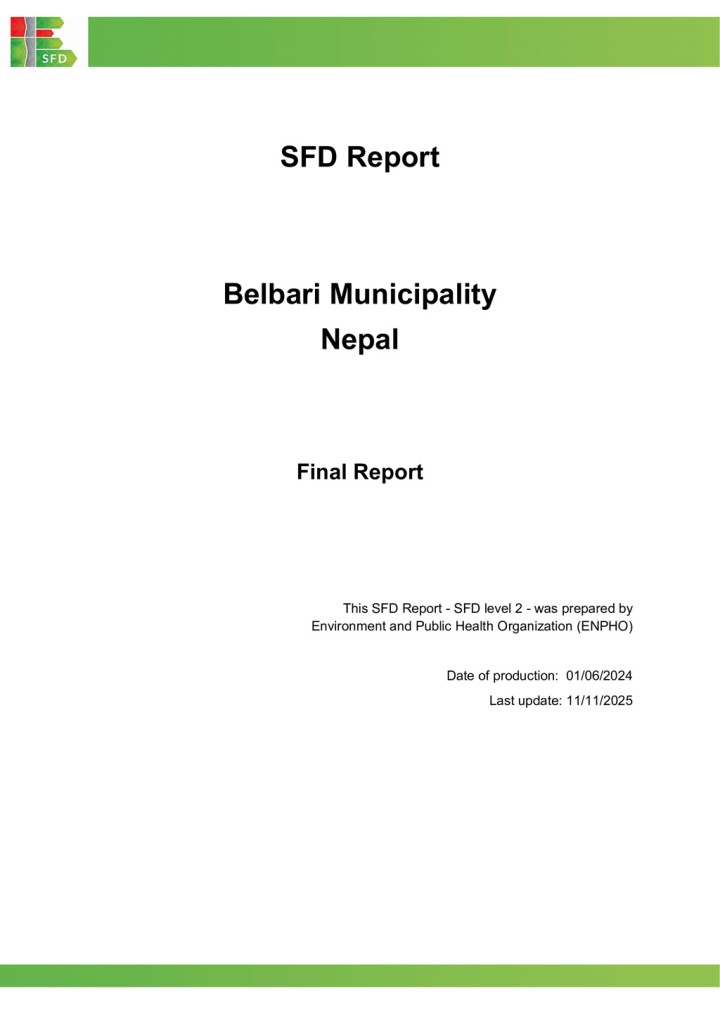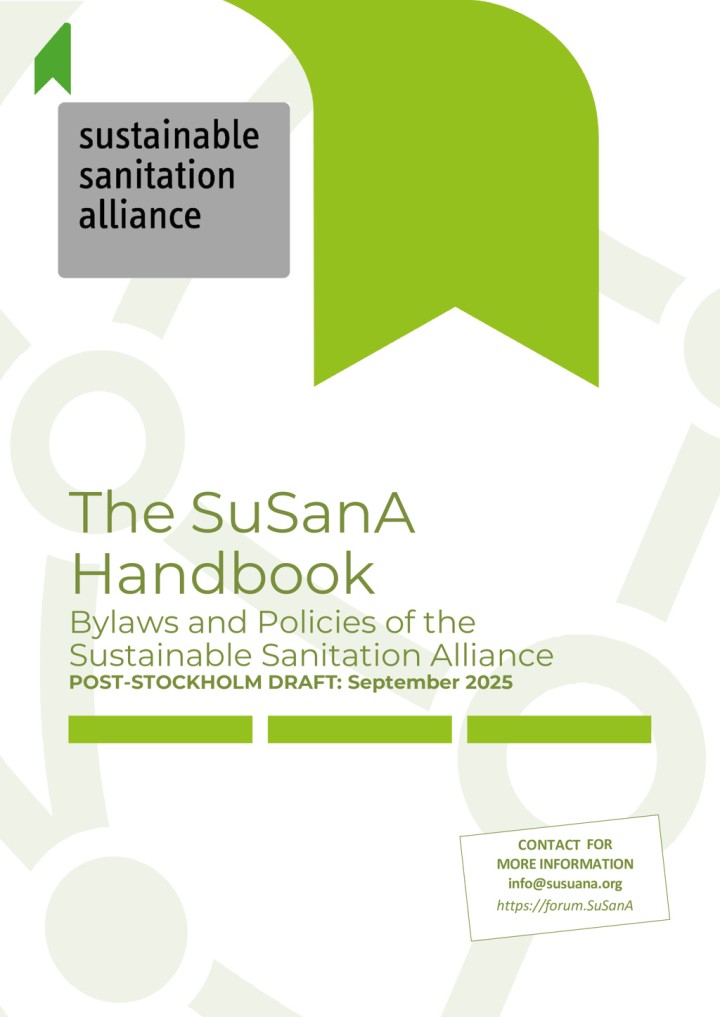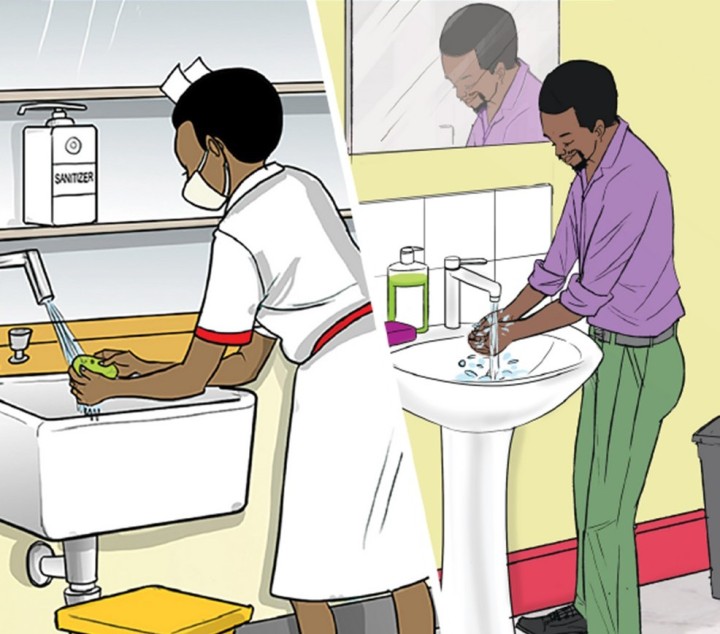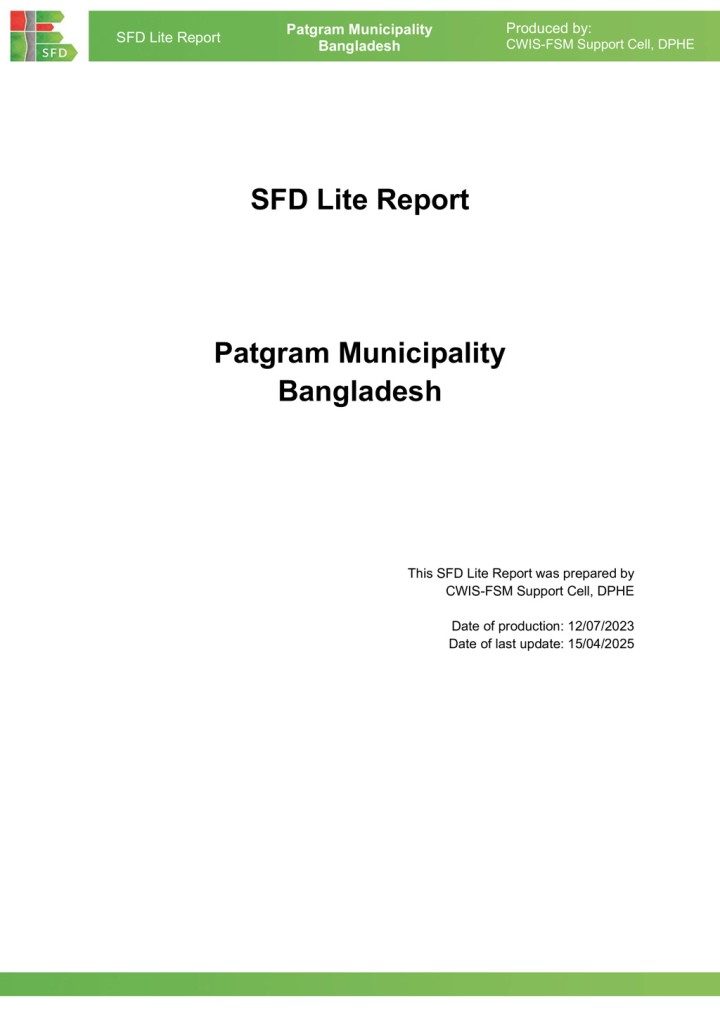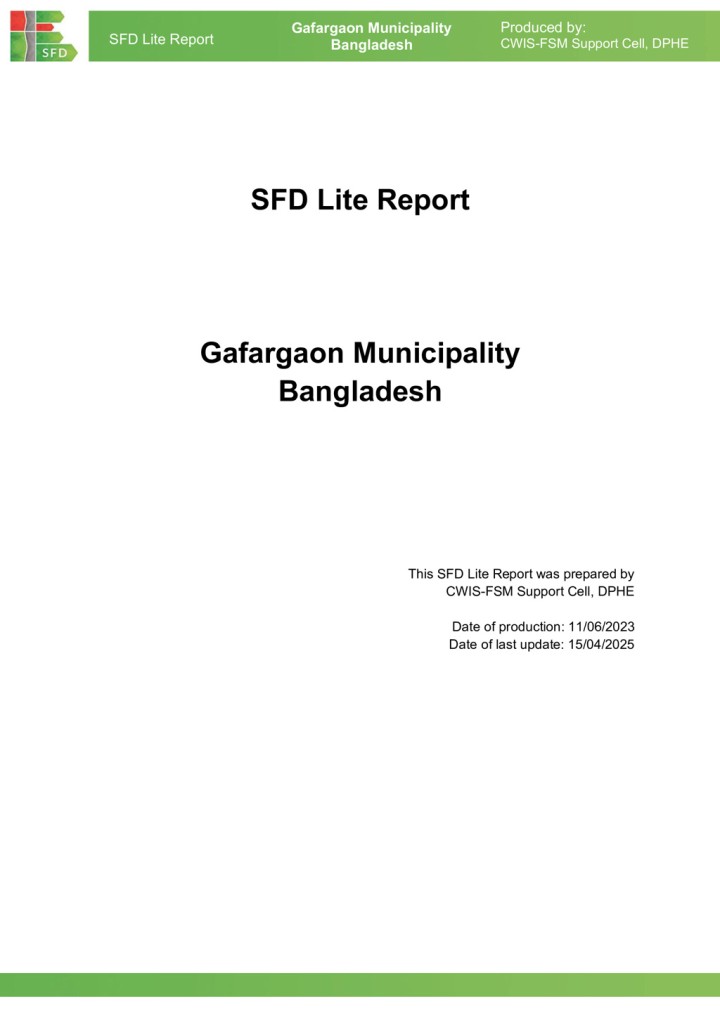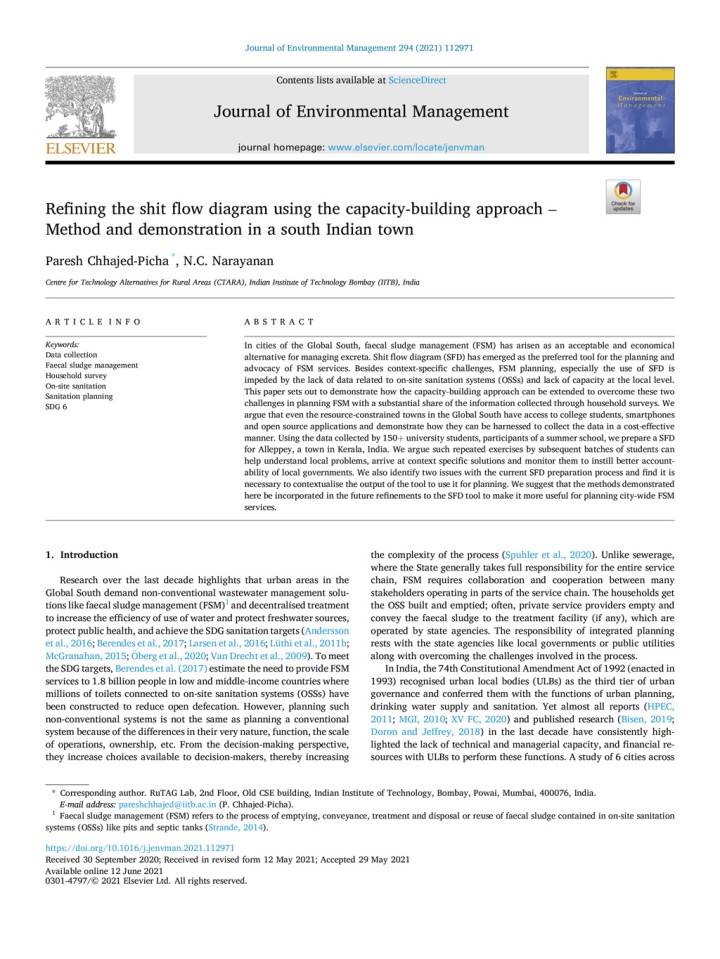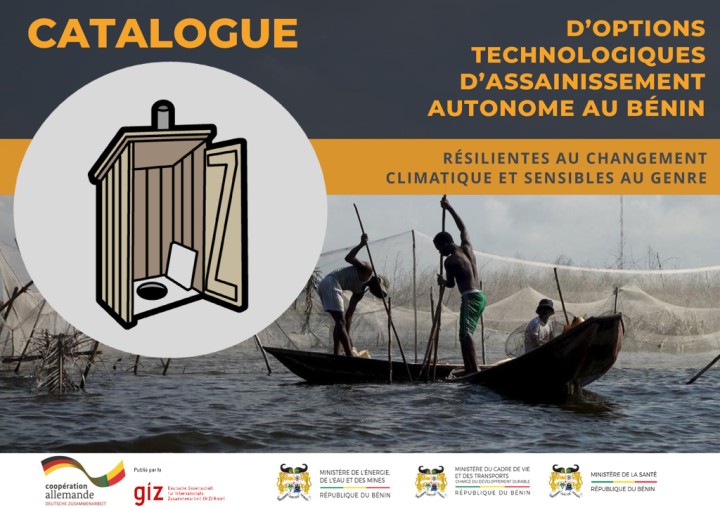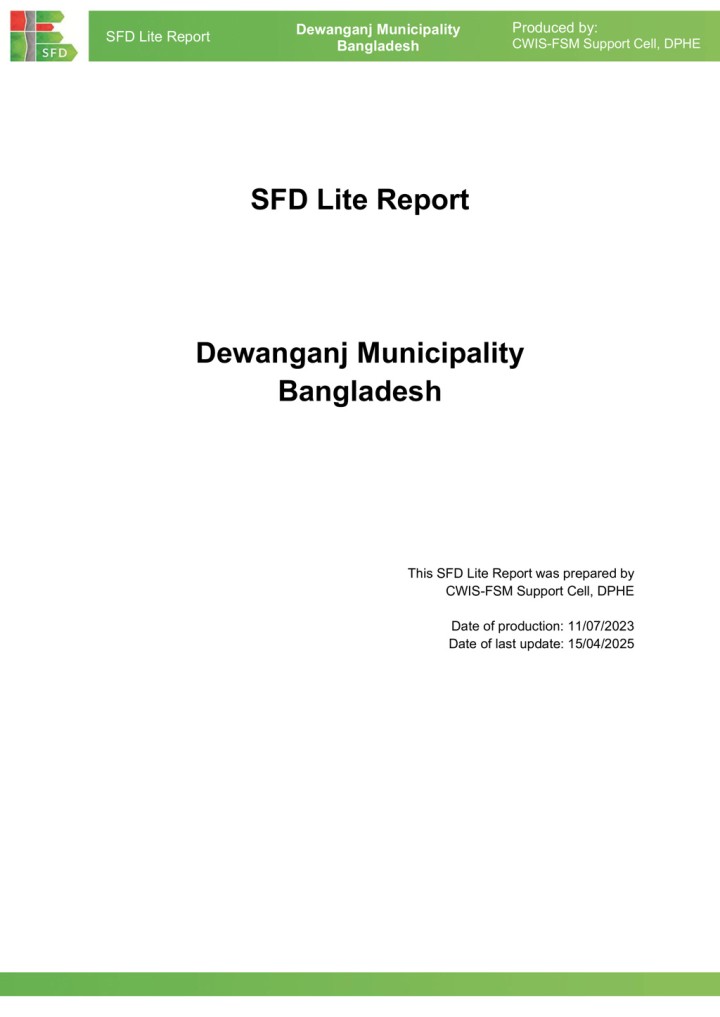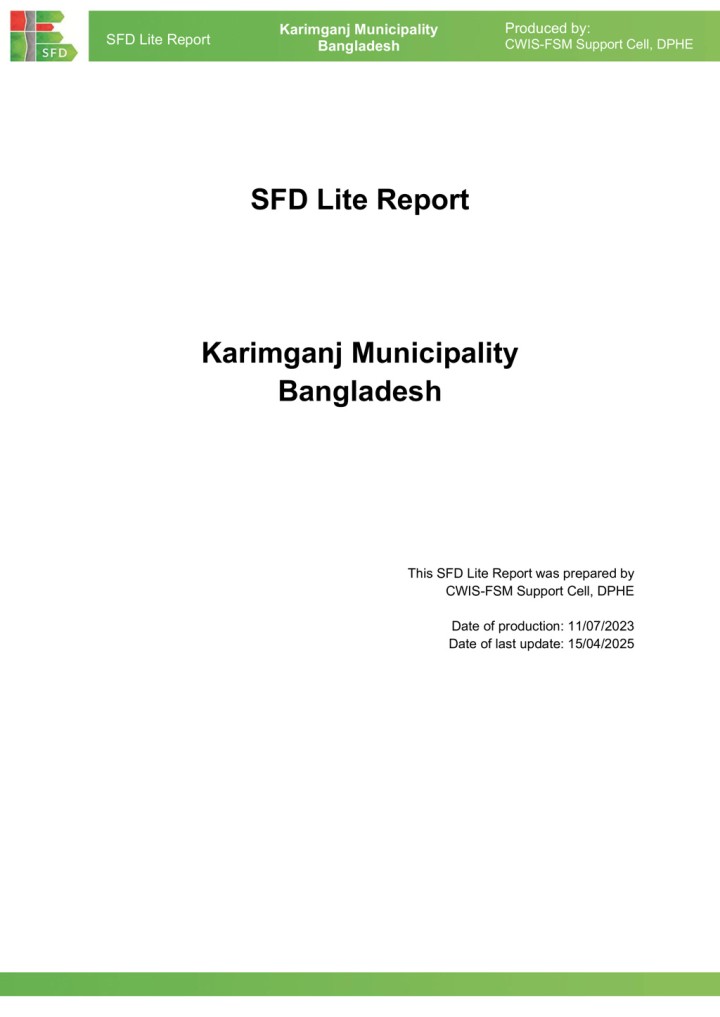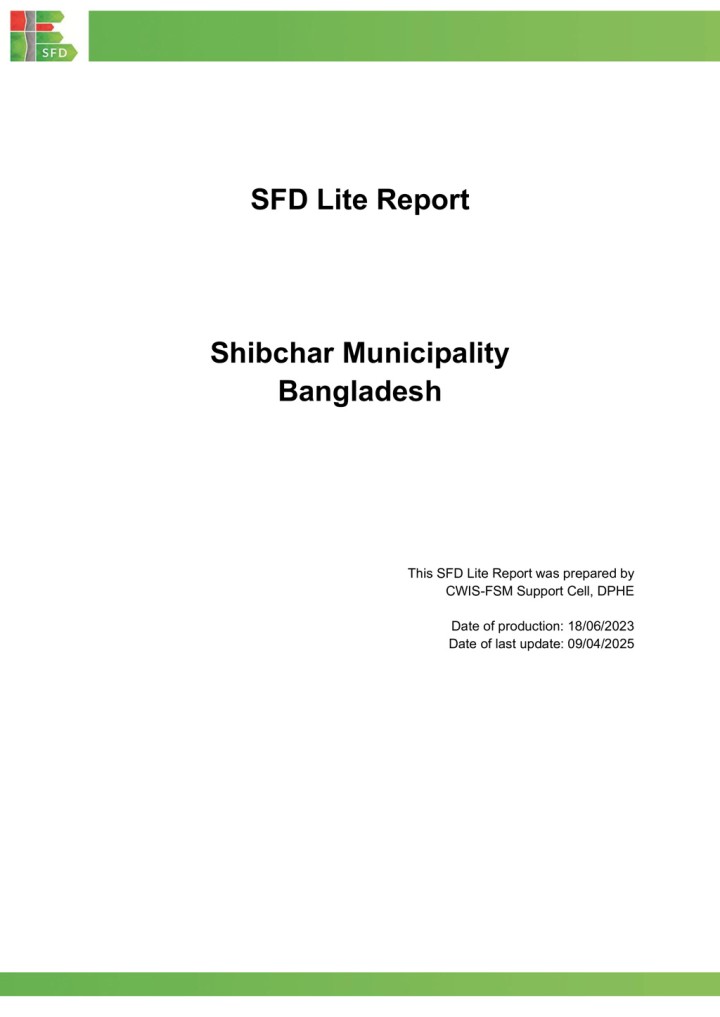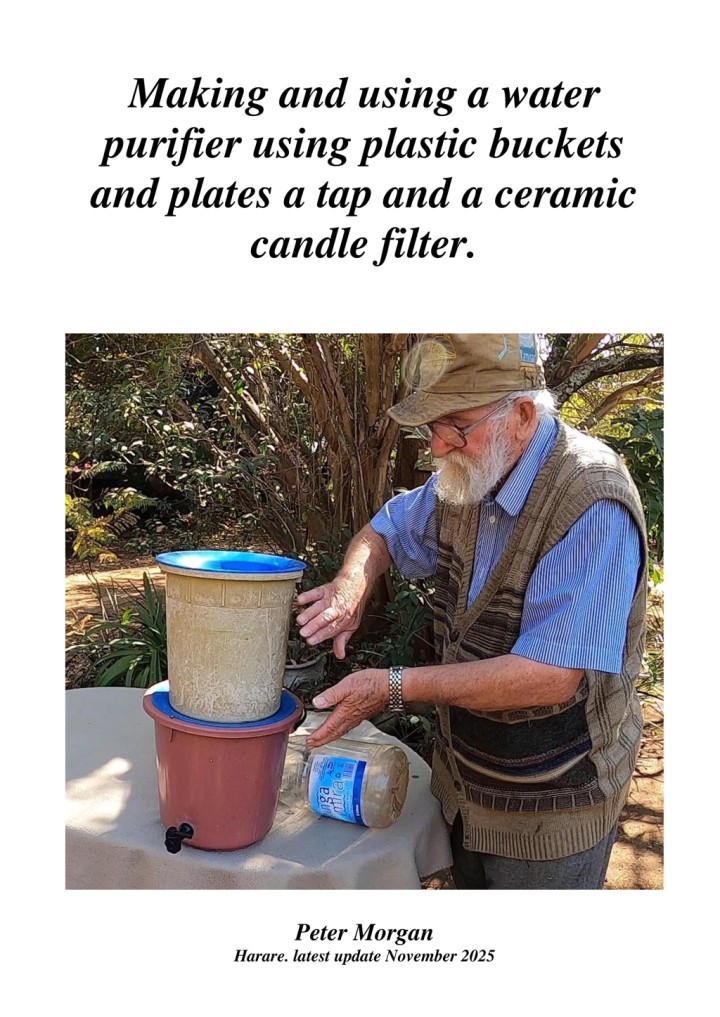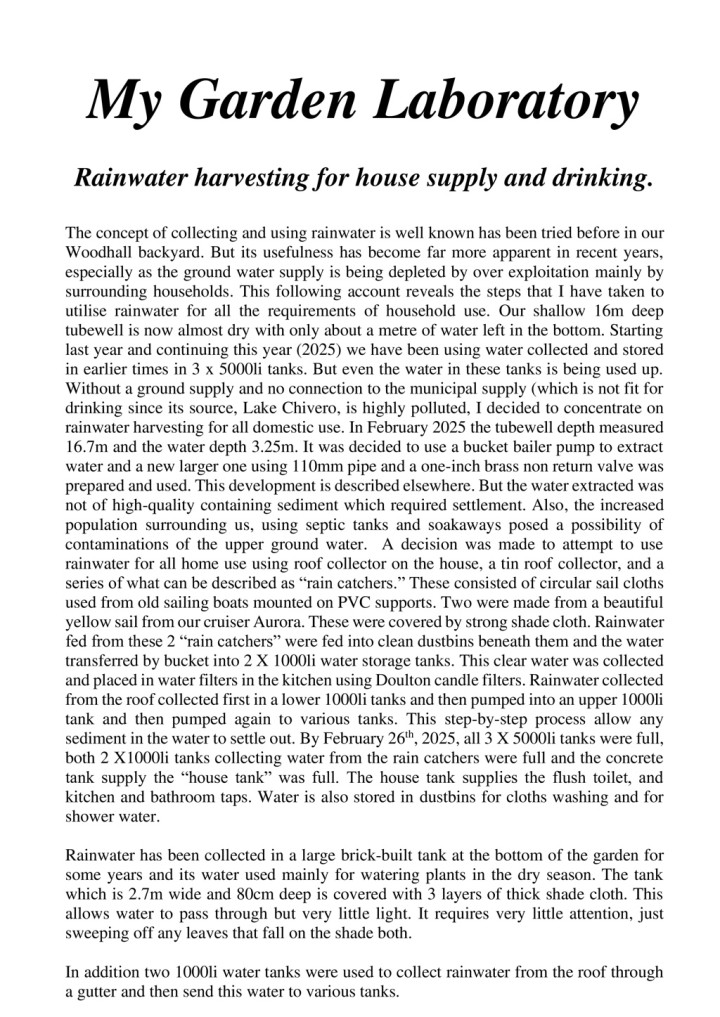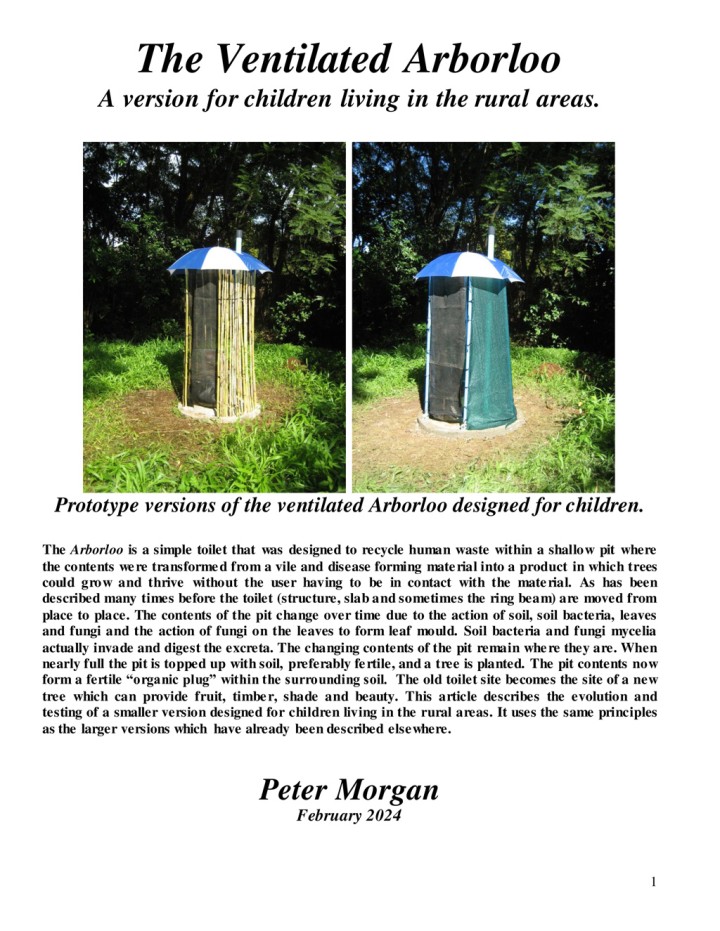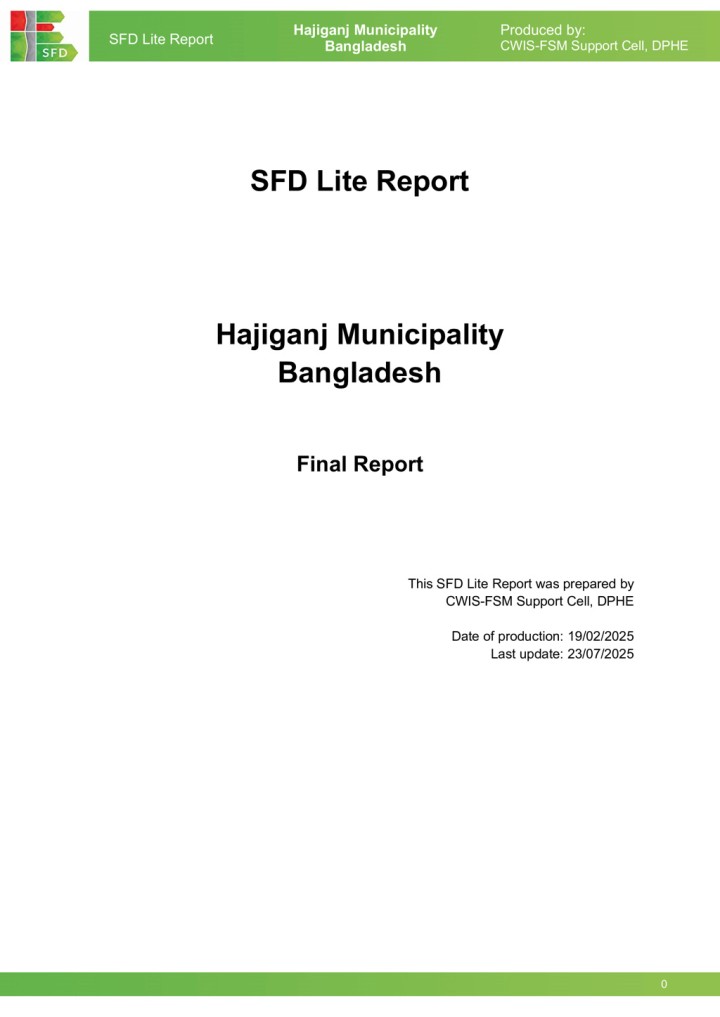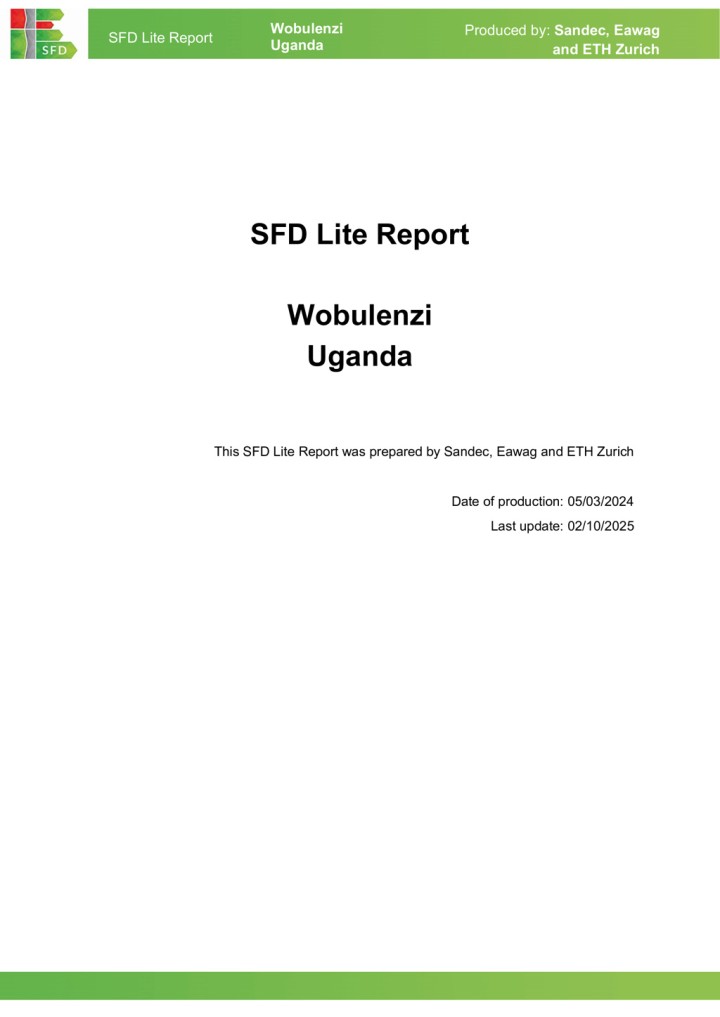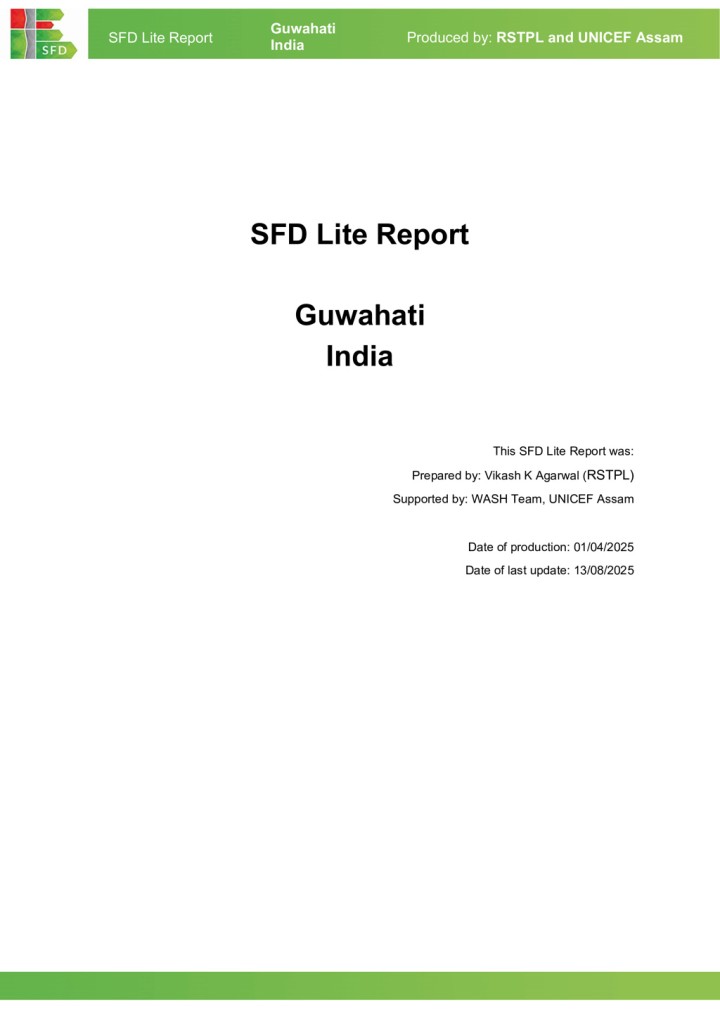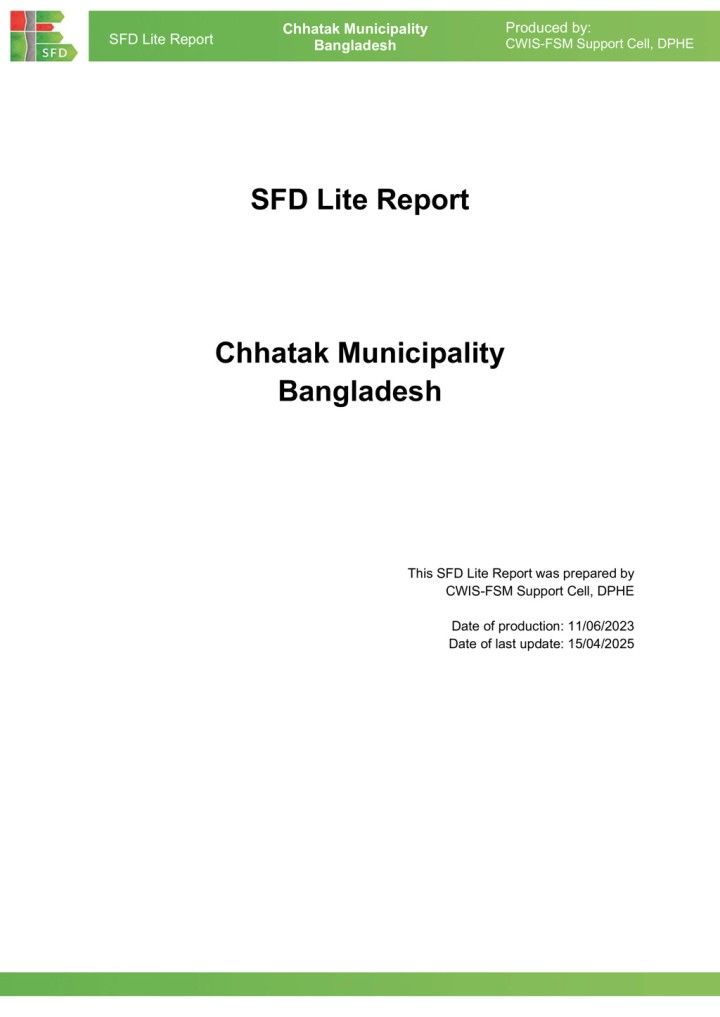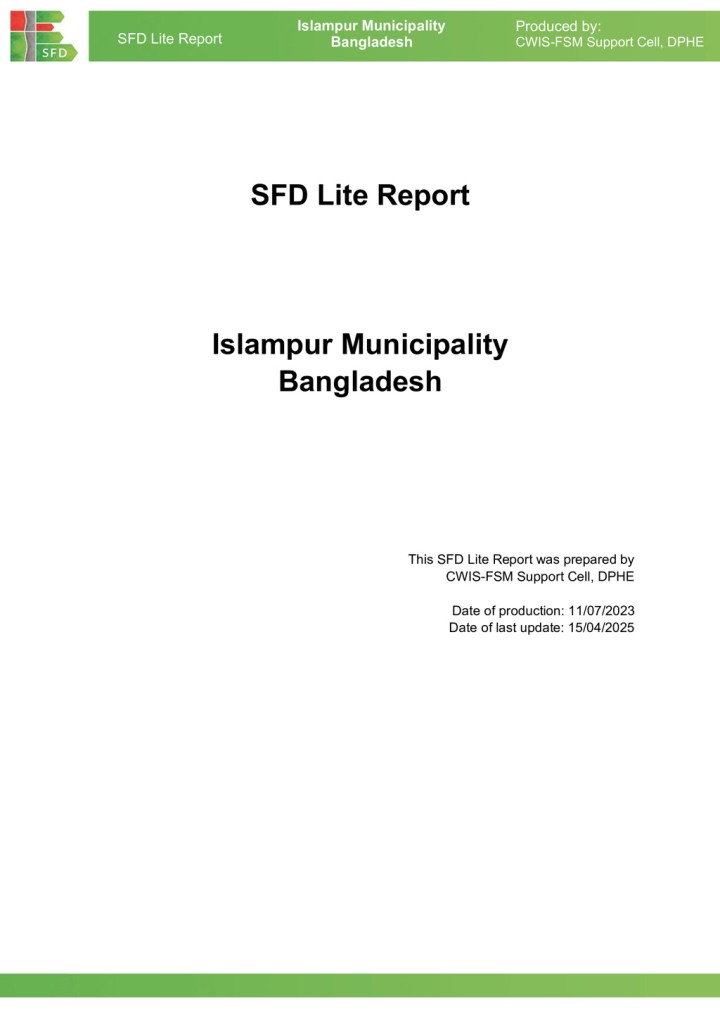George Local Municipality (GLM) (2024) SFD (Level 1) Report - George Local Municipality
George Local Municipality (LM) is situated in the Garden Route District Municipality in the Western Cape Province of South Africa. It has a land area of 5,191 km2 that covers the Southern Cape and Little Karoo Regions of the Western Cape (George Municipality, 2025b). The municipality has a population of 294,929 people in 85,931 households (Stats SA, 2022). George LM has 28 municipal wards. 99% of households […]
Environment and Public Health Organization (ENPHO) (2024) SFD (Level 2) Report - Belbari
Belbari is a municipality situated in Morang district, Koshi Province of Nepal. It was established on May 8, 2014 (Baisakh 25, 2071 BS) by merging Belbari and Kaseni VDC which was again restructured in December 20166 by merging Dangihat and Bahuni Village Development Committee (VDC). It comprises 11 political wards spread across 132.79 square kilometres of geographical area in the eastern terai region of Nepal. […]
Sustainable Sanitation Alliance (2025) The SuSanA Handbook Bylaws and Policies of the Sustainable Sanitation Alliance
Sanitation is dignity, hygiene is health, water is life. They underpin everyday life for everyone who has ever lived and who will ever live - and yet today more than billion people do not even enjoy these basic human rights. Since 2007, the Sustainable Sanitation Alliance has been at the forefront of advocating that sanitation systems should be economically viable, socially acceptable, technically and institutionally appropriate, […]
Sanitation for Millions (2025) Service Offer: Improve Quality of Care in Health Care Facilities Through Localization of the WASH FIT Approach
This service offer provides guidance for the systemic adaptation, localization, and scaling up of the Water and Sanitation for Health Facility Improvement Tool (WASH FIT), developed by World Health Organization (WHO) and United Nations International Children's Emergency Fund (UNICEF), within a dedicated localized and harmonized partnership approach. It was developed by the global project Sanitation for Millions, implemented by the Deutsche Gesellschaft für Internationale Zusammenarbeit […]
CWIS-FSM Support Cell, DPHE (2023) SFD (Lite) Report - Patgram Municipality
Patgram Municipality is located within the Patgram Sub-District (Upazila) situated in the Lalmonirhat District (Zila) under Rangpur Division. The geographical coordinates of Patgram are 26°22'0.12" N and 89°00'0.00" E. It is bounded by West Bengal state of India on the north, east and west, Hatibandha Upazila and West Bengal state of India on the south. According to the population census in 2011 by the Bangladesh Bureau […]
CWIS-FSM Support Cell, DPHE (2023) SFD (Lite) Report - Gafargaon Municipality
Gafargaon Municipality is located within the Gafargaon Sub-District (Upazila) situated in the Mymensingh District (Zila) under Mymensingh Division. The geographical coordinates of Gafargaon are 24°25' 55.20"N and 90° 33' 30.60"E. On the north, it is bordered by the Upazilas of Trishal and Nandail, on the south, by the Upazilas of Kapasia and Sreepur (Gazipur), on the east, by the Upazilas of Hossainpur and Pakundia, and […]
Paresh Chhajed-Picha; N.C. Narayanan (2021) Refining the shit flow diagram using the capacity-building approach – Method and demonstration in a south Indian town
In cities of the Global South, faecal sludge management (FSM) has arisen as an acceptable and economical alternative for managing excreta. Shit flow diagram (SFD) has emerged as the preferred tool for the planning andadvocacy of FSM services. Besides context-specific challenges, FSM planning, especially the use of SFD is impeded by the lack of data related to on-site sanitation systems (OSSs) and lack of capacity […]
Boris Agbossouto; Adrien Mazeau; Alexandra Dubois; Linda-Sophie Blochberger (2025) Catalogue – d’options technologiques d’assainissement autonome au Bénin
Au Bénin, les progrès en matière d’accès à des services d’assainissement adéquats restent limités, malgré les efforts déployés ces dernières années. Pour relever ce défi, le présent catalogue a été conçu comme un outil d’aide à la décision visant à améliorer l’accès à des ouvrages d’assainissement durables, adaptés aux réalités socio-économiques, culturelles et environnementales du pays. Ce catalogue met à la disposition des ménages et des […]
CWIS-FSM Support Cell, DPHE (2023) SFD (Lite) Report - Dewanganj Municipality
Dewanganj Municipality is located within the Dewanganj Sub-District (Upazila) situated in the Jamalpur District (Zila) under Mymensingh Division. The geographical coordinates of Dewanganj are 25° 08' 30.12" N and 89° 46' 59.88"E. It is bordered on the north by the Char Rajibpur Upazila, on the south by the Islampur Upazila, on the east by the Bakshiganj Upazila and the Indian state of Meghalaya, and on […]
CWIS-FSM Support Cell, DPHE (2023) SFD (Lite) Report - Karimganj Municipality
Karimganj Municipality is located within the Karimganj Sub-District (Upazila) situated in the Kishoreganj District (Zila) under Dhaka Division. The geographical coordinates of Karimganj are 24°27'29.88" N and 90°52'59.88" E. Karimganj Upazila is bordered on the north by the Char Rajibpur Upazila, on the south by the Islampur Upazila, on the east by the Bakshiganj Upazila and the Indian state of Meghalaya, and on the west […]
CWIS-FSM Support Cell, DPHE (2023) SFD (Lite) Report - Shibchar Municipality
Shibchar Municipality is a Municipality in the Shibchar Sub-District (Upazila), which is situated in Madaripur District under Dhaka division. The geographical coordinates of Shibchar are 23°21'N and 90°10' E. The borders of Shibchar Upazila are the Padma River, the Upazilas of Lohajang and Sadarpur in the north, the Upazilas of Rajoir and Madaripur Sadar in the south, the Upazila of Zanjira in the east, and […]
Peter Morgan (2025) Making and using a water purifier using plastic buckets and plates a tap and a ceramic candle filter
The availability and safety of municipal piped drinking water in cities like Harare is much disputed, especially for those people living in high density settlements and the suburbs. This is becoming a source of concern for other towns and cities not only in Zimbabwe but in many other countries throughout the world. Most people cannot afford to drill boreholes on their own property and pump into […]
Peter Morgan (2025) My Garden Laboratory - Rainwater harvesting for house supply and drinking
The concept of collecting and using rainwater is well known has been tried before in the authors backyard. But its usefulness has become far more apparent in recent years, especially as the ground water supply is being depleted by over exploitation mainly by surrounding households. This following account reveals the steps that the author has taken to utilise rainwater for all the requirements of household […]
Peter Morgan (2025) My Garden Laboratory - Purifying rainwater for drinking using candle filters
The manual describes how rainwater can be purified for drinking using a simple candle filter, such as a Doulton ceramic filter. With basic, readily available materials, it is possible to build an inexpensive yet effective water filter that reliably removes bacteria and produces clean, chemical-free water.
Peter Morgan (2024) The Ventilated Arborloo - A version for children living in the rural areas.
The Arborloo is a simple toilet that was designed to recycle human waste within a shallow pit where the contents were transformed from a vile and disease forming material into a product in which trees could grow and thrive without the user having to be in contact with the material. The ventilated Arborloo is an important addition to the variety of ecological toilets available for people […]
CWIS-FSM Support Cell, DPHE (2023) SFD (Lite) Report - Haziganj Municipality
Hajiganj Municipality is located within the Hajiganj Sub-District (Upazila) of Chandpur District (Zila), which is under Chattogram Division. It is the largest Municipality in the District next to Chandpur. The geographical coordinates of Hajiganj are 23° 15' 0.00" N and 90° 50' 60.00" E. Hajiganj is bordered on the north by Kachua and Matlab Dakshin Upazilas, on the south by Faridganj and Ramganj Upazilas, […]
Julian Fritzsche (2024) SFD (Lite) Report - Wobulenzi
Wobulenzi is located around 50km north of Kampala along Gulu Road. It is a small town with a population of around 36.000 inhabitants mainly working in the agricultural sector. About 60% of the population lives in urban areas, whereas 20% live in peri-urban, respectively rural areas. The outcome of the SFD graphic shows that 38% of the excreta flow is classified as safely managed, and the […]
Vikash K Agarwal (2025) SFD (Lite) Report - Guwahati
As the largest metropolis in Northeast India by area and population, Guwahati serves as the region's primary gateway. Located at 26°10’ North latitude and 92°49’ East longitude on the southern bank of the Brahmaputra River, the city is strategically positioned to connect the six sister states of Northeast India. Guwahati City is governed by the Guwahati Municipal Corporation (GMC), covering a total area of 216.79 sq. […]
CWIS-FSM Support Cell, DPHE (2023) SFD (Lite) Report - Chhatak Municipality
Chhatak Municipality is located within the Chhatak Sub-District (Upazila) situated in the Sunamganj District (Zila) under Sylhet Division. The geographical coordinates of Chhatak are 25°02'30.12"N and 91°40'30"E. It is bordered by the Indian state of Meghalaya and the Upazila of Companiganj (Sylhet) on the north, the Upazila of Jagannathpur on the south, the Upazilas of Companiganj (Sylhet), Sylhet Sadar, and Bishwanath on the east, […]
CWIS-FSM Support Cell, DPHE (2023) SFD (Lite) Report - Islampur Municipality
Islampur Municipality is located within the Islampur Sub-District (Upazila) situated in the Jamalpur District (Zila) under Mymensingh Division. The geographical coordinates of Islampur are 26°16'12.00"N and 88°12'0.00"E. It is bordered on the north by the Upazilas of Dewanganj and Bakshiganj, on the south by the Upazilas of Madarganj and Melandaha, on the east by the Upazilas of Sherpur Sadar and Sreebardi, and on the west […]

